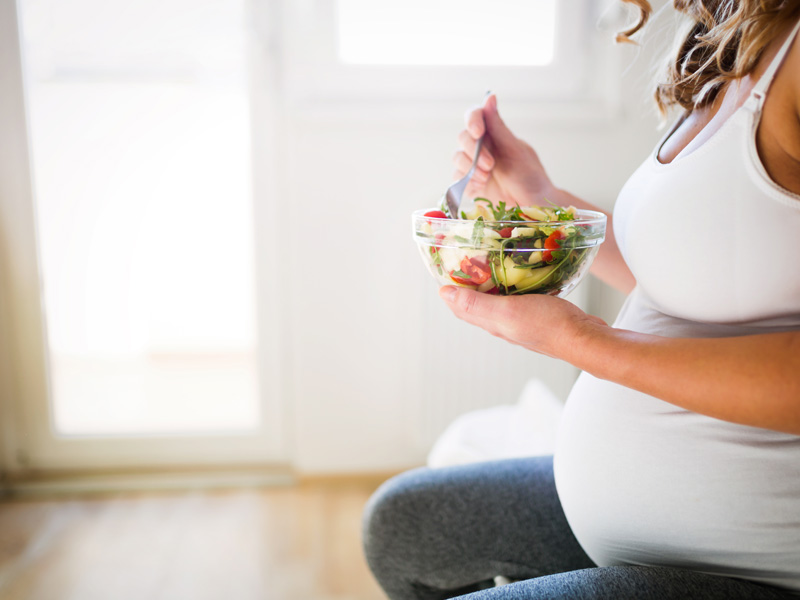All about the skin around the eyes and “drooping” eyelids
04/04/2025

24/05/2018
After many years in the clinic looking after pregnant women, I've realised that one of their most common concerns is what they can and cannot eat: All women have heard of those "forbidden" foods during pregnancy and receive advice from their family and friends about what they should and shouldn't consume.
I'm going to give you a simple explanation about the foods to avoid during pregnancy and why, plus the food you can eat without worrying. However, you should obviously follow any recommendations your gynaecologist gives you.
During pregnancy there are certain infectious diseases that are potentially very serious for the foetus if the mother contracts them. We can catch two of them—toxoplasmosis and listeriosis—through consumption of certain foods. Below you will find a simple summary of the precautions you should take:
- If you have not already had toxoplasmosis (your gynaecologist will tell you at the start of the pregnancy) you should take the following advice into account:
I hope this explanation has helped to clarify any questions you may have about what you can and cannot eat during pregnancy, but if you still have questions, even after reading this article, do not hesitate in contacting your gynaecologist!
Dra. Sofía Fournier Fisas
Myopia is not a contraindication for vaginal delivery, nor does the eye prescription increase due to pregnancy. The gynecologist Sofía Fournier helps us debunk some of the urban legends about pregnancy, childbirth and eye health to reassure all mothers-to-be.